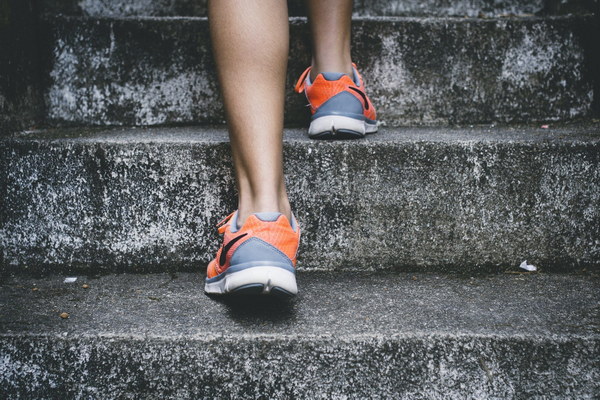Will Dampness Removal Make You Feel Tired Unraveling the Connection Between Dampness and Fatigue
In the pursuit of good health and vitality, many individuals turn to traditional practices that aim to remove dampness from the body. Dampness, often associated with a buildup of moisture in the body, is believed to be the root cause of various health issues, including fatigue. But will dampness removal make you feel tired? Let's explore this intriguing connection between dampness and fatigue.

Dampness, in traditional Chinese medicine (TCM), refers to the accumulation of moisture in the body that can lead to a variety of symptoms, such as joint pain, digestive problems, and, yes, fatigue. The concept of dampness is a crucial element in TCM, and its removal is often seen as a key to restoring health and energy.
The idea that dampness removal may cause fatigue might seem counterintuitive, but there are several reasons why this might occur. First, when the body is trying to expel dampness, it may experience a temporary increase in fatigue. This is because the body's energy (Qi) is redirected to the process of removing the dampness, which can leave you feeling tired and run down.
Another reason why dampness removal might lead to fatigue is the use of certain herbs and remedies that are designed to expel dampness. Many of these remedies can be quite potent, and while they are effective at clearing dampness, they can also cause a temporary dip in energy levels. This is particularly true for individuals who are sensitive to these herbs or who are not used to taking them.
However, it's important to note that not everyone will experience fatigue as a result of dampness removal. Some individuals may actually experience an increase in energy and vitality as their bodies begin to rid themselves of dampness. This is because, once the dampness is removed, the body's Qi can flow more freely, leading to an overall improvement in energy levels.
To help alleviate any fatigue that might come with dampness removal, there are several steps you can take:
1. Gradually introduce dampness-clearing herbs and remedies into your regimen. This will allow your body to adjust to the changes without causing a sudden drop in energy.
2. Ensure you are getting enough rest. Resting is essential for the body to heal and recover, especially when it is working to expel dampness.
3. Maintain a balanced diet. A diet rich in fresh, whole foods can provide your body with the nutrients it needs to support its healing process.
4. Exercise regularly. While it may seem counterintuitive to exercise when you're feeling tired, moderate exercise can actually help boost your energy levels and improve your overall health.
5. Stay hydrated. Proper hydration is crucial for the body's ability to expel dampness and maintain optimal health.
In conclusion, while dampness removal may cause fatigue in some individuals, this is not always the case. By gradually introducing dampness-clearing remedies, ensuring adequate rest, maintaining a balanced diet, exercising regularly, and staying hydrated, you can minimize the risk of fatigue and maximize the benefits of dampness removal. Embrace the journey towards better health and vitality, and remember that the temporary discomfort of fatigue is often a sign that your body is on its way to healing.









